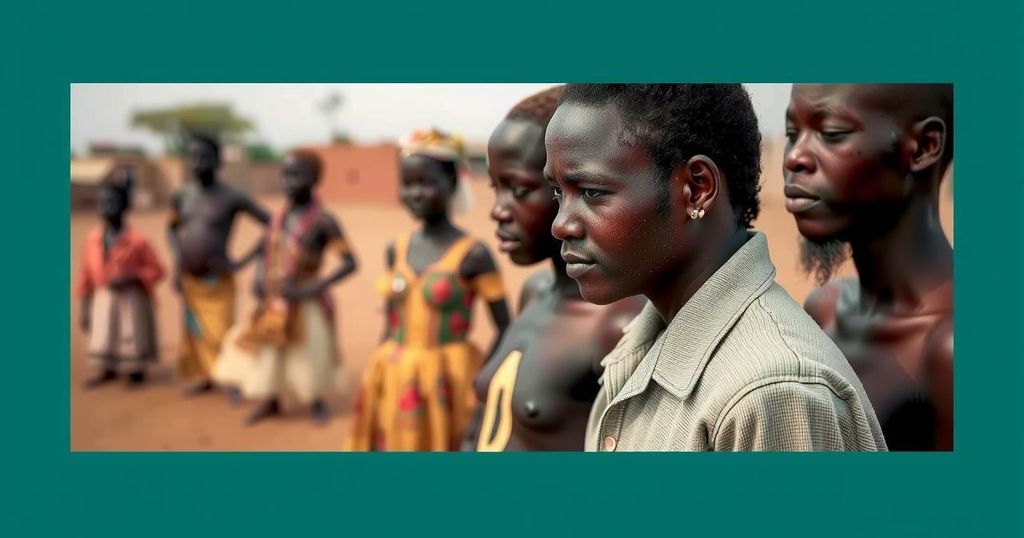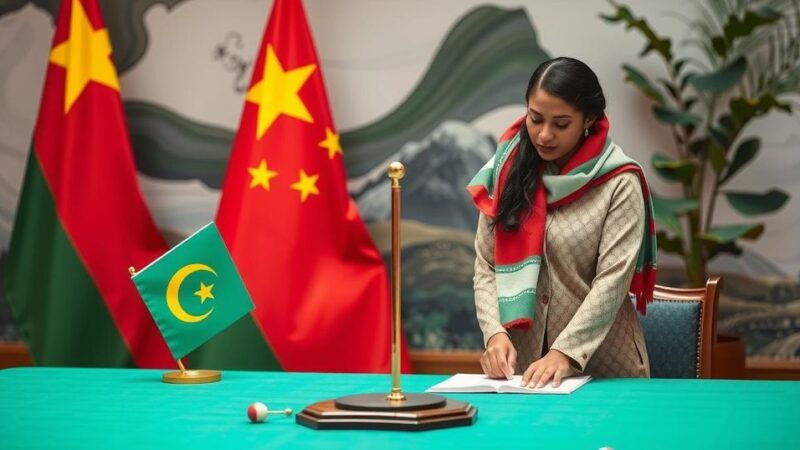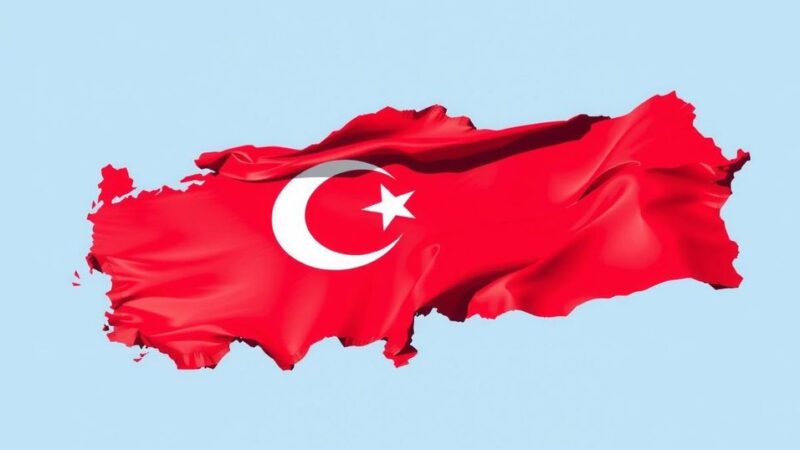A UN report reveals widespread arbitrary detention in South Sudan, particularly among vulnerable populations such as women and political opponents. It emphasizes the urgent need for judicial reforms and adherence to international human rights standards as the country faces dire humanitarian challenges ahead of the 2026 elections.
A recent comprehensive report published by the United Nations Mission in South Sudan (UNMISS) alongside the Office of the UN High Commissioner for Human Rights (OHCHR) has uncovered alarming incidents of arbitrary detention in South Sudan. It reveals consistent patterns of human rights violations, primarily perpetrated by government security forces and organized armed groups, from January 2023 to May 2024. This report documents numerous arbitrary arrests, notably affecting women and girls resisting arranged marriages or seeking divorce. Furthermore, it highlights a disturbing trend where detainees are often subjected to intimidation tactics, especially journalists, human rights defenders, and political adversaries.
The report indicates that men constitute the majority of those impacted by arbitrary detention, which imposes substantial economic and social repercussions on their families. Individuals suffering from mental health conditions frequently face imprisonment without due process, also classified as arbitrary detention. The UN entities point to the pervasive weaknesses in the judicial system, along with a lack of accountability and respect for the rule of law, as underlying causes of this phenomenon. Moreover, arbitrary detention exacerbates poverty, stymies economic growth, and intensifies health crises. With impending elections scheduled for December 2026, the report underscores an urgent need for ongoing capacity-building efforts to reinforce the judicial process at both national and state levels.
In light of these findings, UNMISS and OHCHR have issued a call to the South Sudanese government, urging an immediate end to arbitrary detentions and ensuring adherence to international human rights standards for all detainees. They have emphasized the necessity for swift, independent investigations and the prosecution of individuals implicated in human rights abuses. Additionally, the report cites the establishment of a Judicial Reform Committee in July 2022 by the Government of South Sudan, intended to evaluate and enhance the judicial framework. Although its findings remain unpublished, the aspirations for this committee include establishing a more effective, equitable, and inclusive justice system that safeguards vulnerable groups from violence and discrimination.
According to the UN Office for the Coordination of Humanitarian Affairs (OCHA), nearly 70 percent of South Sudan’s population, approximately 9.3 million individuals, is projected to require humanitarian assistance in the forthcoming year. The ongoing humanitarian crisis is compounded by factors such as armed conflict, climate challenges, economic instability, and disease outbreaks, notably influenced by the war in neighboring Sudan. Since April of the previous year, over 900,000 individuals have fled into South Sudan, with predictions of an additional 337,000 expected to arrive within the next year.
The issue of arbitrary detention in South Sudan has emerged as a significant human rights concern, characterized by a pattern of violations against individuals, particularly those challenging societal norms or opposing government actions. The lack of a robust justice system has allowed these practices to proliferate, impacting thousands and contributing to broader socio-economic instability. As South Sudan prepares for the impending elections in December 2026, the need for judicial reforms and adherence to human rights standards becomes increasingly critical.
The UN report sheds light on the disturbing prevalence of arbitrary detention in South Sudan, revealing significant human rights violations committed by state and non-state actors. A swift response from the government is essential to end these practices and improve the legal system. Enhanced judicial measures and ongoing humanitarian efforts are crucial as the country navigates its challenges and prepares for future elections.
Original Source: www.jurist.org






